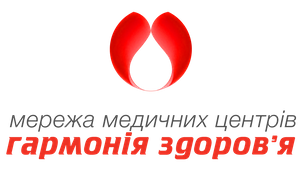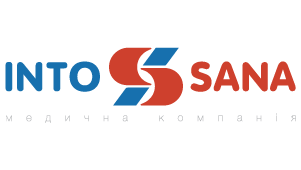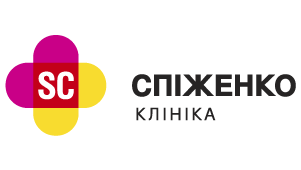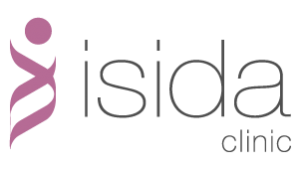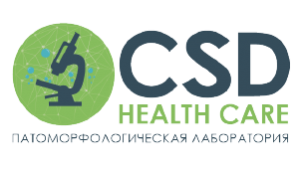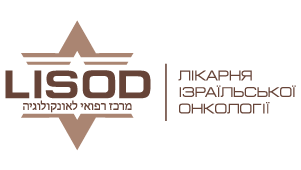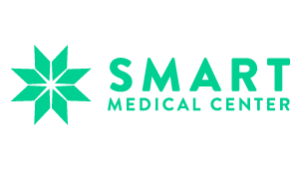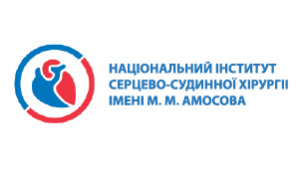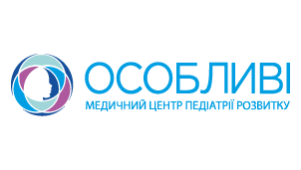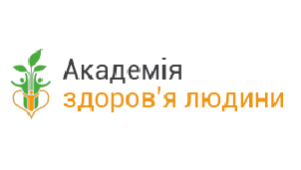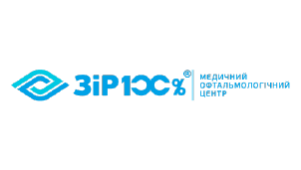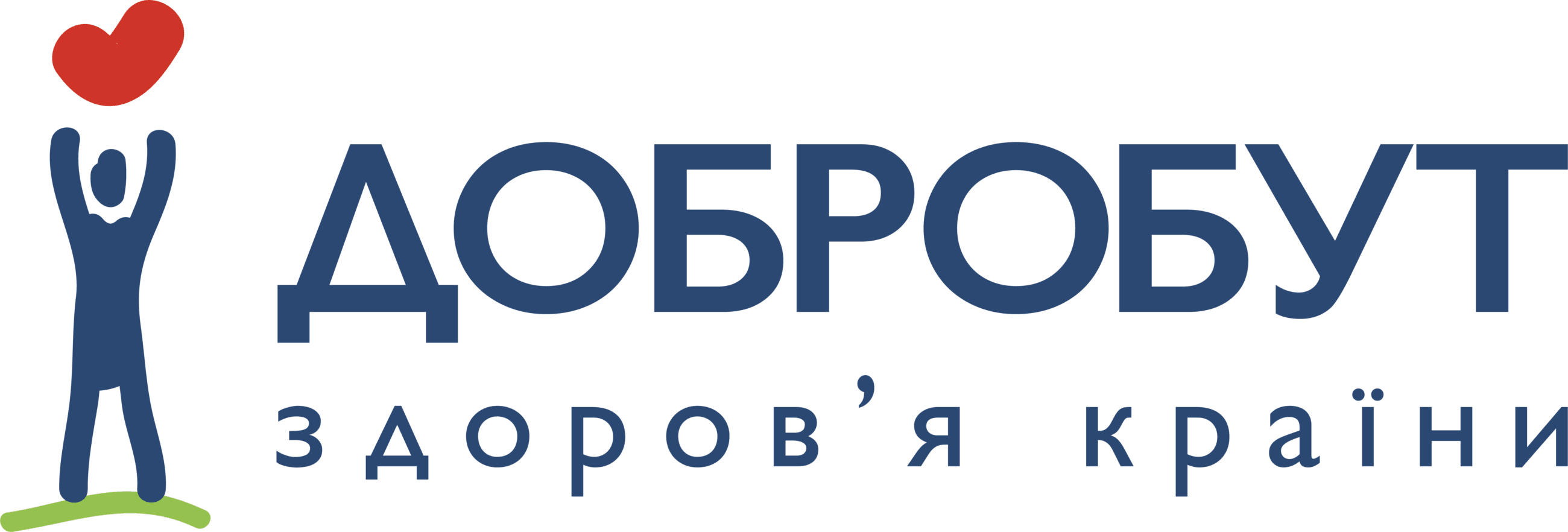|
These are the times when COVID-19 pandemic is actively forcing medical universities and educators all around the world to shift rapidly from traditional methods of teaching those who would eventually become doctors. Creation of comfortable and safe conditions for our students that wish to improve their theoretical knowledge, as well as their practical skills, is one of the paramount tasks of Kyiv Medical University. During most of the medical trainings, work with medical simulators is necessary to help the future healthcare workers enter their new profession as prepared as possible. Our team focuses its attention on this educational aspect. This is where our new Center for Simulation Training and Assessment (CSTA) comes in! It was created to provide our students with a great opportunity of further developing and mastering their practical skills whilst ensuring absolute safety during the trainings. CSTA is equipped with advanced simulation equipment. This is the place where students of our University are granted an opportunity go over and improve their skills in a set of near-real circumstances. That includes practicing internal medicine, surgery, pediatrics, obstetrics and gynecology with the help of various phantoms and simulators.
With that said, the humanization of teaching during the training of medical specialists is an urgent need when it comes to education of a modern doctor. The use of modern information technologies, non-invasive research methods on volunteers and various alternative approaches makes it possible to do without any deaths of laboratory animals. Further development of humane approaches will allow effective improvement of the training system. The use of laptops and a multimedia projector makes it possible to demonstrate the course of a pathophysiological or laboratory experiment to a whole group, and sometimes to two (as well as to the whole stream at lectures) without involving any animals. The computerization of learning is a step into the future. More and more emphasis is being placed on the mutual learning of students, on the active teaching process. Something that is called the interactive learning, where there is absolutely no place for bloody demonstrational experiments on animals. Those take up valuable time: preparing the animal for the lesson, keeping it somewhere, feeding it, disposal of the biological material. That is but a drop in the sea of difficulties associated with the use of animals. Not to mention the questionable clarity of these experiments. Now there is also a shortage of medical instruments, reagents, and medications.
Advancing interdisciplinary and cooperative skills, the CSTA prepares our students to meet the challenges of the contemporary health care environment. In two settings, students practice procedures ranging from inserting catheters and delivering babies to resuscitating injured patients. The center offers more than 50 simulation scenarios in which students address cases including traumatic injury, pediatric septic shock, kidney disease and teen pregnancy. After each scenario, students review video of their performance with faculty and staff to discuss what went well and areas for improvement. The CSTA is aimed to train students from the full range of health disciplines together. Courses conducted at CSTA:
09.12.2021
|
ESSENTIALS
EVENTS | All Events
|







